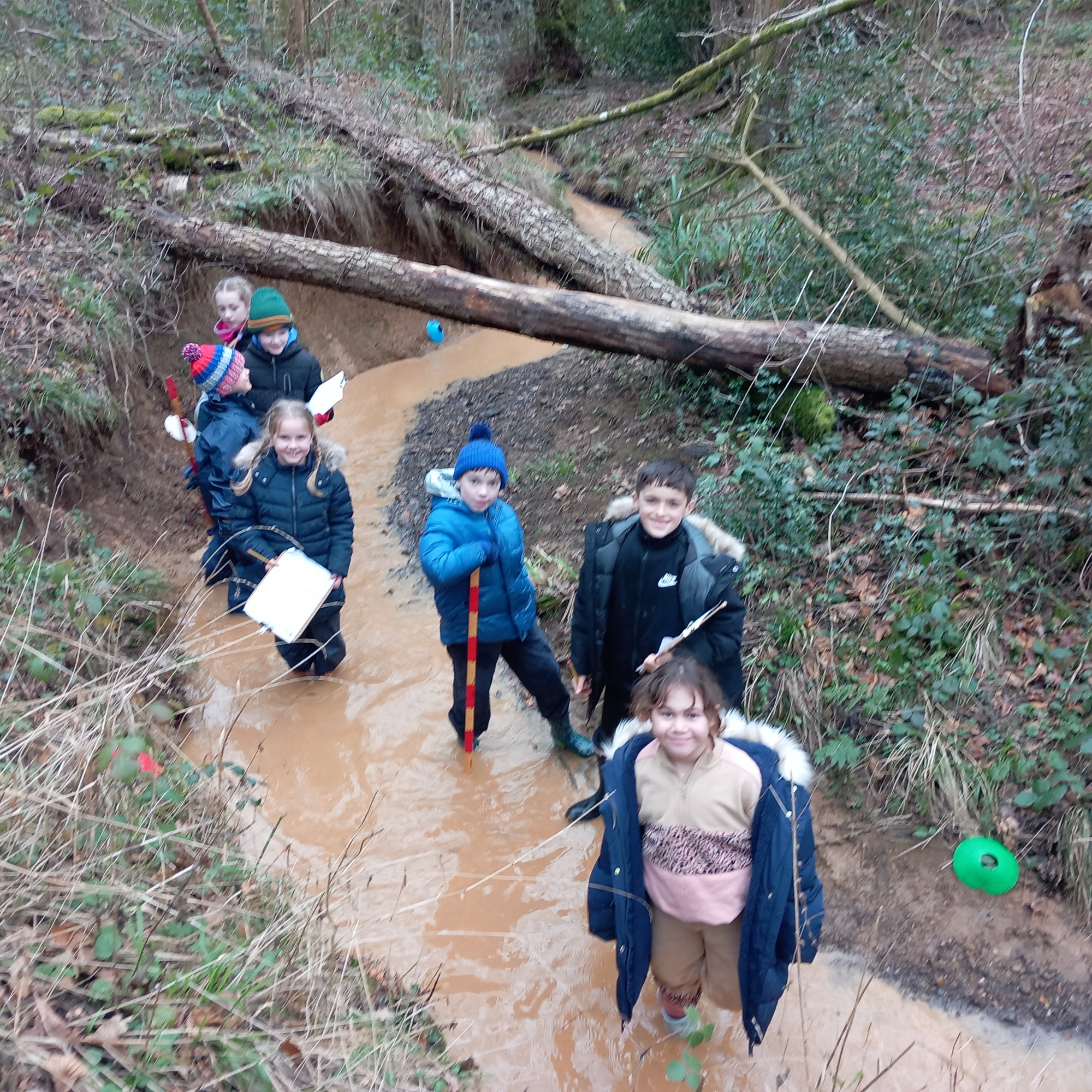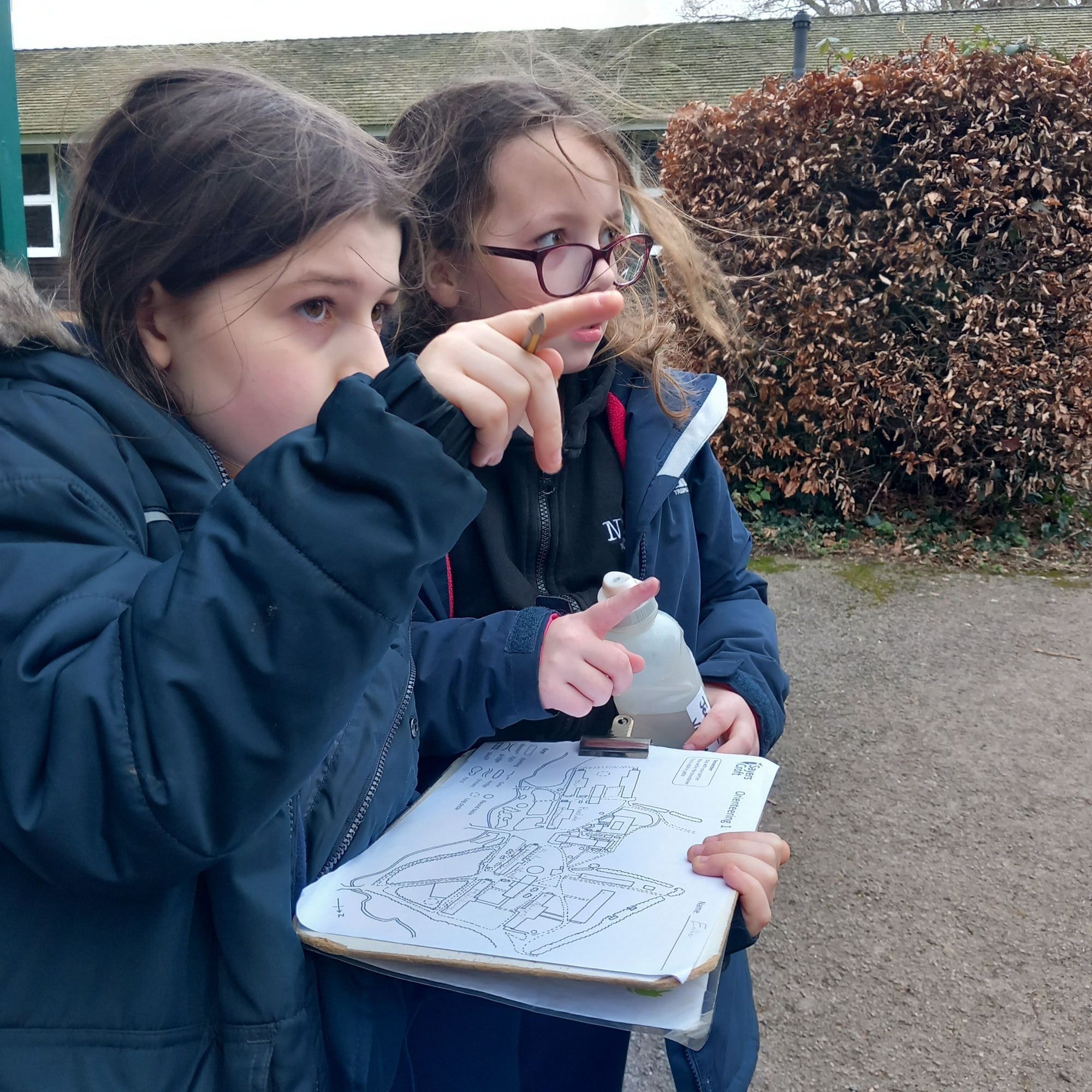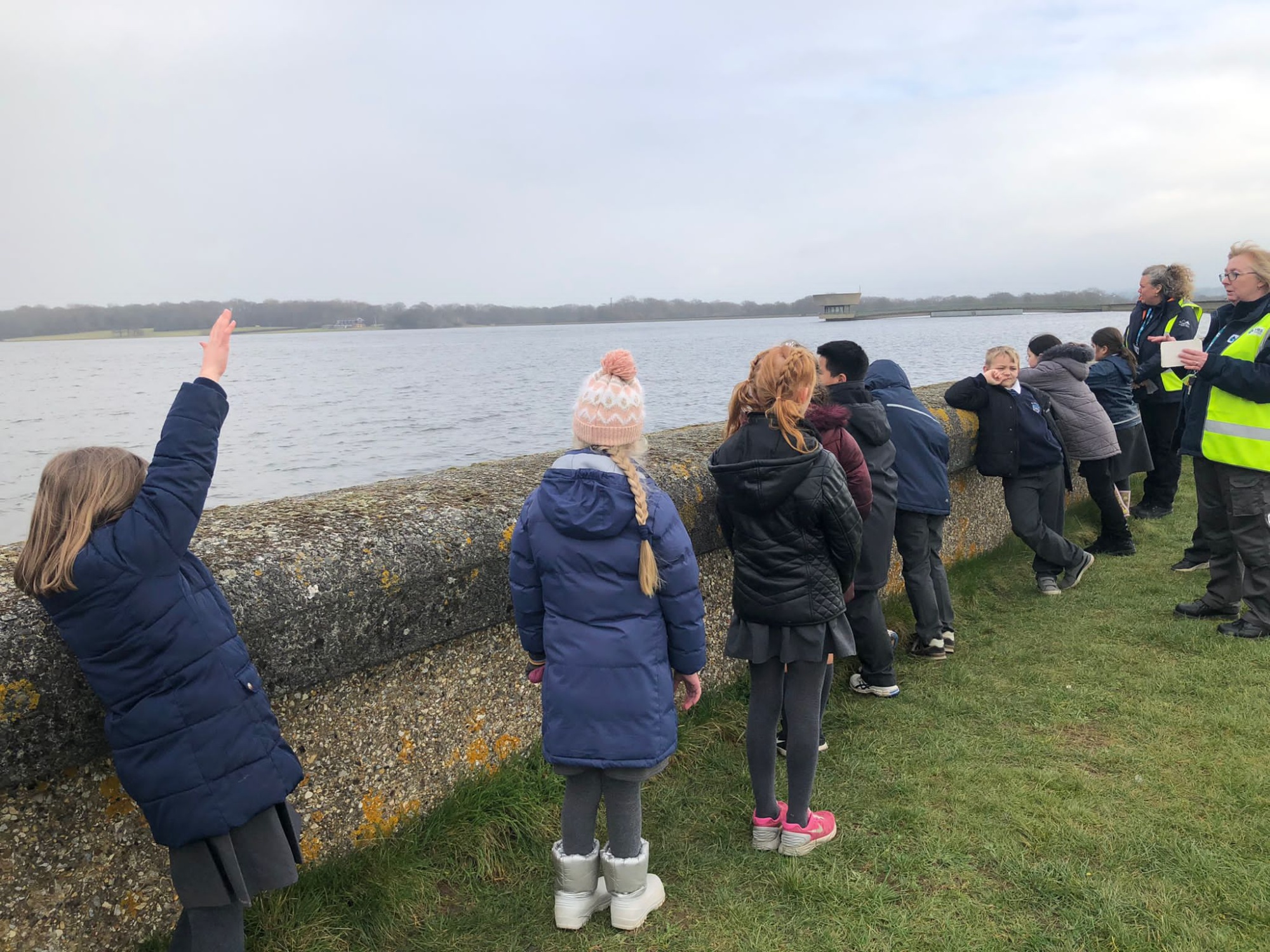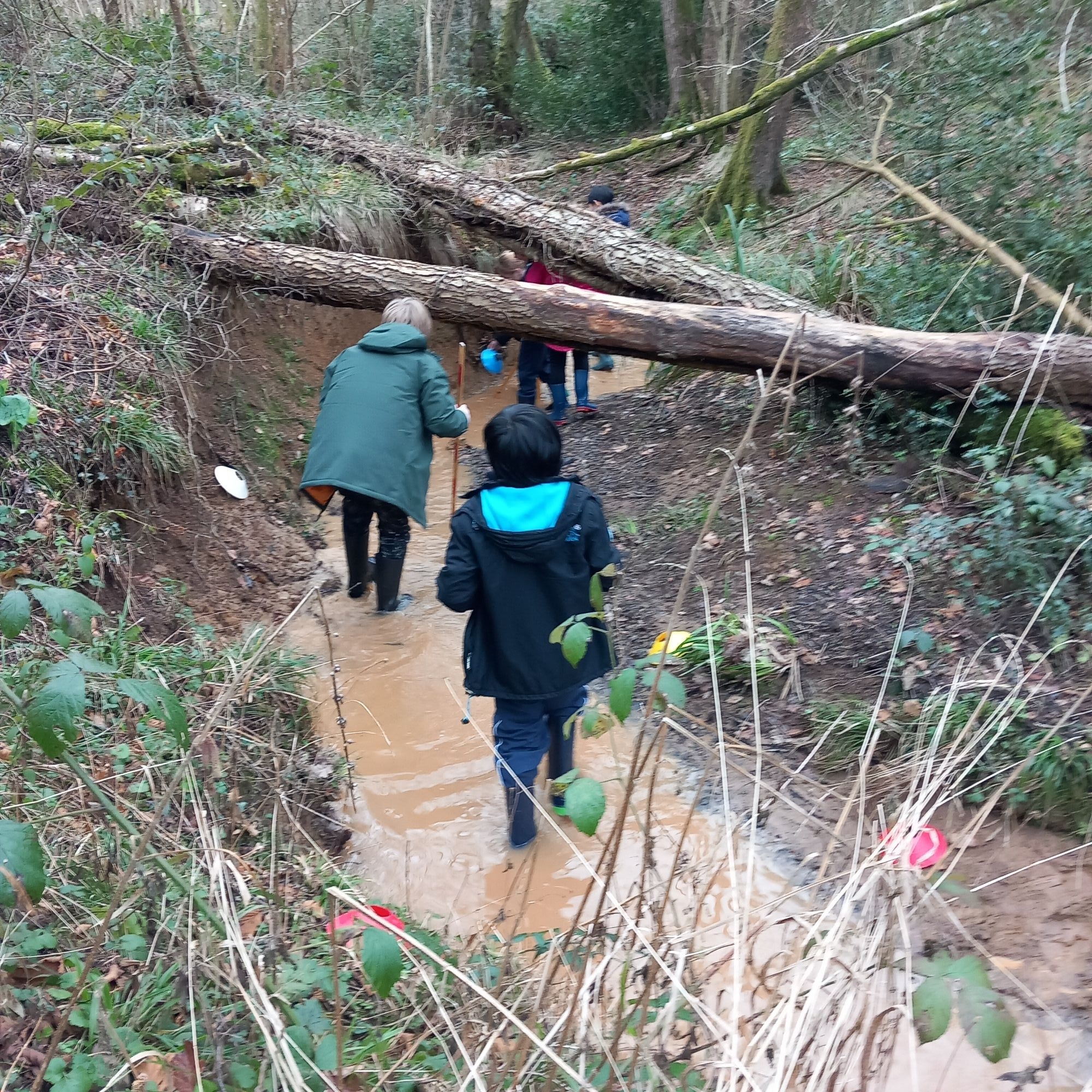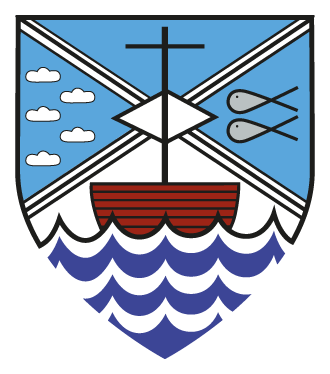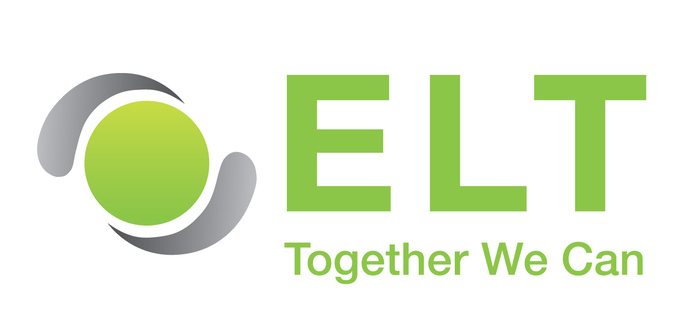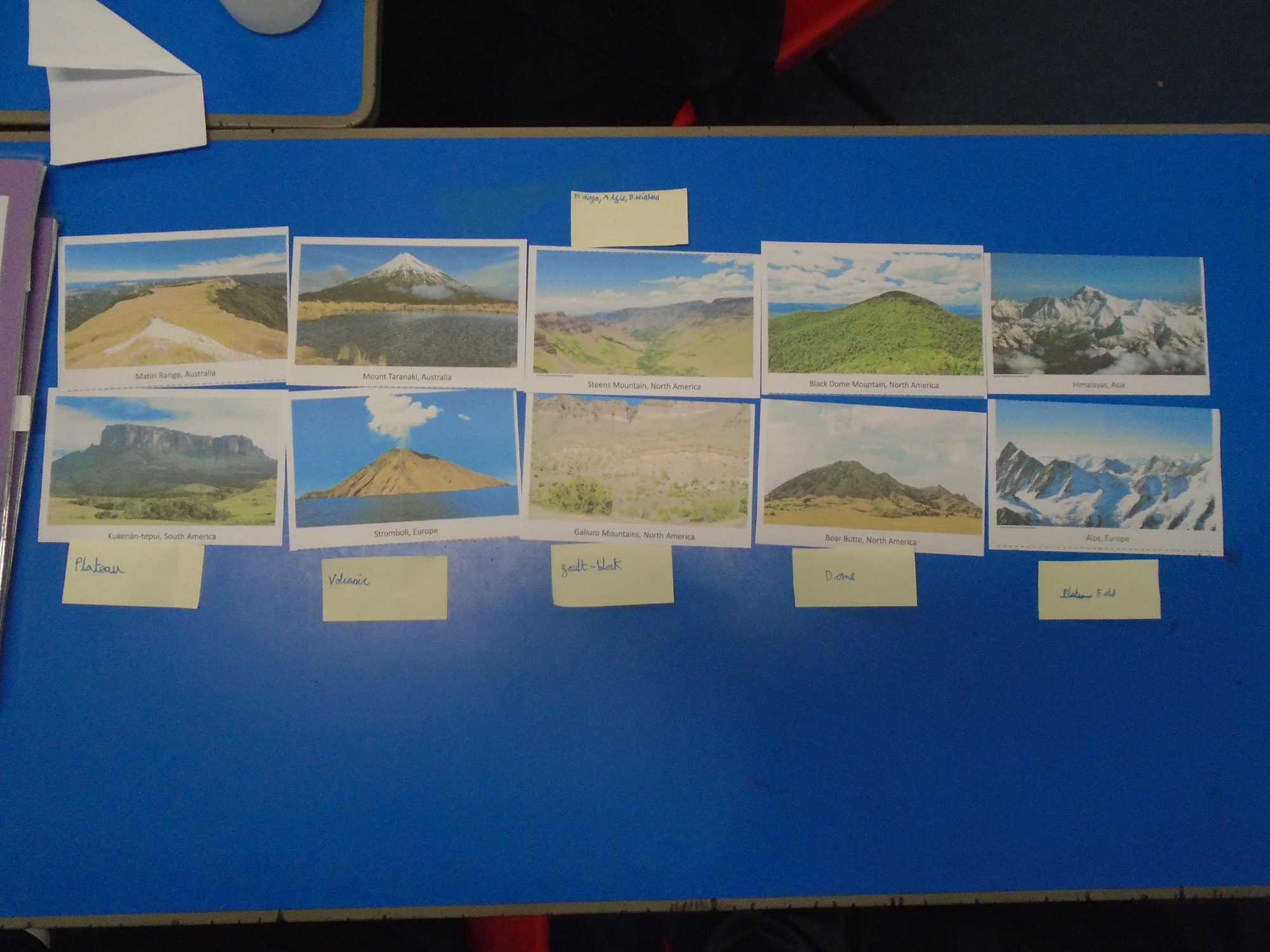Geography
"Exploration is really the essence of human spirit." Frank Borman
The Geography Curriculum at St Andrew’s is carefully mapped out so that all pupils leave primary school equipped with an understanding of the changing world around them. Throughout their journey in geography, pupils will acquire a breadth of knowledge of human geography and physical geography, both locally and globally.
What does our approach to Geography look like in the classroom?
In Key Stage 1 pupils develop their understanding locational knowledge of the UK and the wider world, along with investigating similarities and differences between two locations. Pupils further develop their understanding through the use of resources such as maps, photographs and compasses.
In Key Stage 2 the geography curriculum dives deeper into the skills learnt throughout Key Stage 1. Pupils extend their knowledge and understanding beyond the local and national area to include Europe, North and South America. Pupils have a chance to investigate locations and characteristics of a range of the world’s most significant human and physical features.
Our geography curriculum works hand-in-hand with our history curriculum, where many of our geographical insights tie in with the history-based projects. An example would be learning about the history of Ancient Greece, alongside looking at the geography of the country in the modern era.
How do we measure success in Geography?
Children will develop a curiosity and fascination about the world that will remain with them for the rest of their lives. By building up a knowledge of the world around them, both locally and globally, pupils are able to access increasingly complex material throughout the curriculum, which helps them to learn, understand and remember more. Pupils will complete innovative tasks, once they have engaged with the project and developed their knowledge; this can be done either independently or with others, to apply the skills and knowledge they have garnered in that unit in answering an enquiry question. Geography deals with the ‘here and now’ of real life and as such, is a vital ‘living’ subject, that contributes to and enhances the wider curriculum.
Evidence of impact is gathered and monitored through class observations, book looks to measure knowledge acquisition, gathering pupil voice data and quizzes.
